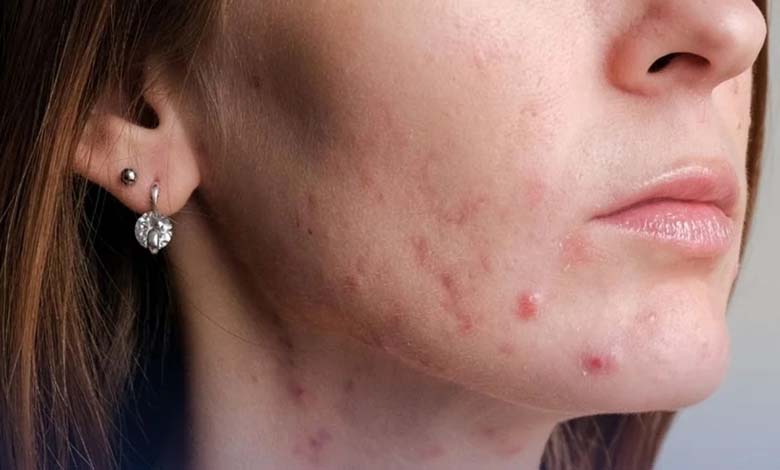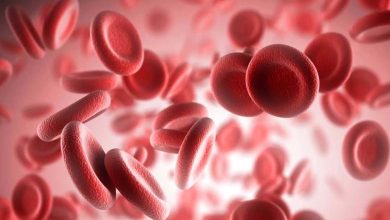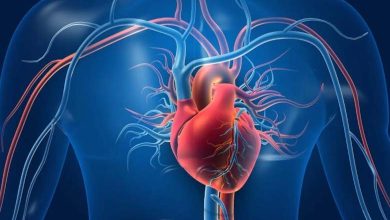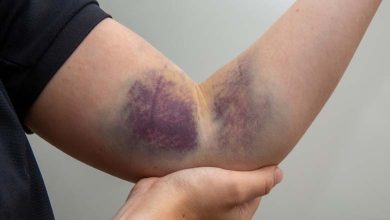Study Reveals a Troubling Link Between Acne and Eating Disorders

Acne is often viewed as a mere cosmetic or hormonal issue, particularly during adolescence. But a recent study reveals a far more serious connection:
individuals with acne are significantly more likely to suffer from eating disorders. This insight could reshape the way healthcare professionals approach the treatment of acne patients. An overlooked psychological connection Published in The Journal of the American Academy of Dermatology, the study followed thousands of adolescents and young adults and found that those with acne are twice as likely to develop disordered eating patterns, including anorexia, bulimia, and binge eating disorder.
-
Testosterone in Women : When Does a High Level Become a Health Issue?
-
Surprising Discovery for Treating Hair Loss and Genetic Baldness
Factors such as shame, low self-esteem, social stigma, and the pressure of beauty standards—especially on social media—contribute heavily to this link. A vicious cycle Acne can be the first step toward deeper emotional distress. Many young people alter their diets drastically in hopes of “curing” their skin, cutting out dairy, sugar, or fats entirely. These restrictive eating habits can easily evolve into eating disorders. Moreover, the stress and anxiety resulting from disordered eating can in turn worsen acne—thus creating a self-perpetuating cycle. Implications for dermatologists and mental health professionals The study emphasizes the need for a multidisciplinary approach.
Dermatologists should actively screen for signs of eating disorders, especially when acne is severe or accompanied by visible psychological distress. Mental health professionals, meanwhile, need to recognize the profound emotional toll of skin conditions. What can be done?
-
Learn About “Cortisol” and the Symptoms of Its Elevation in Women
-
Warning about the Hazards of Daily Showering on the Body
- Open dialogue: Healthcare providers should encourage patients to discuss their eating habits and body image freely.
- Education: Patients must understand that diet is only one piece of the complex acne puzzle.
- Early intervention: Prompt psychological support can help prevent long-term eating disorders from developing.
Acne should never be seen as just a cosmetic issue. It often reflects deeper emotional struggles and can be a gateway to serious mental health conditions. Addressing acne with this broader perspective will not only improve skin outcomes but also safeguard the mental well-being of those affected.
-
The Essential Role of Zinc in Protecting Hair and Skin Health
-
With Winter Approaching… 5 Tips for Treating Dry Skin
-
The Best Vitamins for Healthy and Glowing Skin
-
Unexpected ways summer can damage your skin
-
Mature skin: Should you clean your face in the morning? A dermatologist responds
-
Hair, skin: 3 unrecognized beauty benefits of lime trees
-
The Drawbacks of Daily Makeup Use on Women’s Skin












